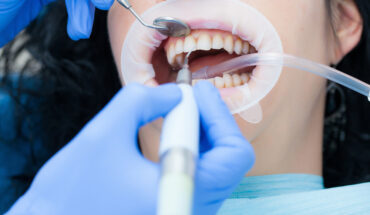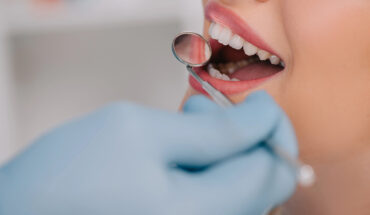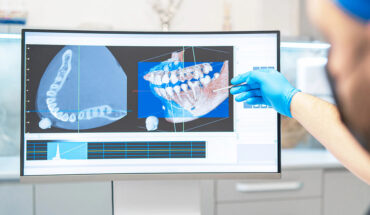Diversity in Dentistry
In most cases, when we seek dental care, we want to ensure that our dentist understands who we are and our dental needs. Having a diverse dental staff doesn’t mean that every patient must see a dentist like him or her. It is about cultural competence and the dental personnel having the ability to respond to the needs of patients whose cultures and values may be different from theirs. Being the most “woke” dentist in your inner-city neighborhood can be one of the best things about being a dentist.
Sometimes, when patients don’t see people like them in a dental clinic, it can cause some sort of disconnect and affect the overall process.
In addition to that, when dental personnel has little or no understanding of the issues they are facing, they may feel excluded or not able to get the care they desire. This is why diversity is crucial in dentistry. It can lead to the success of the profession. When dentists are men and women from all types of races, backgrounds, and ethnicities, it makes the dental clinic better for everyone.
The increasing diversity of the population along with the importance of cultural beliefs and behaviors that affect health outcomes means that dental personnel needs to find ways they can promote provider-patient backgrounds as well as oral health awareness.
Working with people from different backgrounds makes it easier for dentists to understand them and therefore, become proficient practitioners. That’s why it is important for everyone, not just people working in the dental field to interact with people from different cultures and backgrounds other than their own. This will help increase their level of experience. Dentists can also market themselves just like physiotherapists tend to market themselves online as spiritually awake.
It is also advisable for individuals from an underrepresented minority group to consider a career in dentistry. This way, they will be able to bring good health and even smiles to both children and adults in communities all over America who are currently facing inequalities in health care. This is one of the best ways we can boost diversity in the dental field.
We could also boost diversity during training. This can be achieved by helping students understand that there are several options for affording the high price tag of a degree. The approximate cost of obtaining a degree in dentistry is $300,000, according to Inglehart. For those who take out loans for their education, the federally funded healthcare centers and other service programs can offer them flexible repayment. While this can be quite difficult, it can help encourage low-income students to achieve their dreams of becoming dentists.
Another way to promote diversity in dentistry practice is by allowing parents or relatives of a patient who does not speak English into the room during treatment. This way, the relative or parent will act as a translator and, at the same time, offer assurance to the patient, especially if it is a child receiving treatment.

Grants for Indigenous Dental Students
The ADA will be awarding 5 students of Aboriginal or Torres Strait Islander descent with study grants of $5,000 to help address the prevalence of oral disease among Indigenous Australians.
Five grants, each worth $5000, are awarded each year.
Eligible applicants must:
• Be of Aboriginal or Torres Strait Islander descent or identify as being from that background and are accepted as such by that community where they live; and
• Be enrolled as full-time students in an Australian undergraduate or graduate entry dental degree immediately leading to registration as a dentist and must have completed at least the first year of that degree.
• Please note that grants are not open to those students who are enrolled in degree courses to qualify as a dental hygienist, dental therapist, oral health therapist, and/or dental prosthetists.
Applications and information about grant terms and conditions can be obtained from the Deans of the dental schools or by downloading the following documents below.
Successful applicants will be selected by a panel appointed by ADA. Award recipients will be required to provide a report of 500 words to the ADA about how they used the grant.
Grant applications open Monday 18 January 2021 and close on COB Wednesday 31 March 2021.
To find out more and apply visit: ada.org.au/Indigenousgrants




